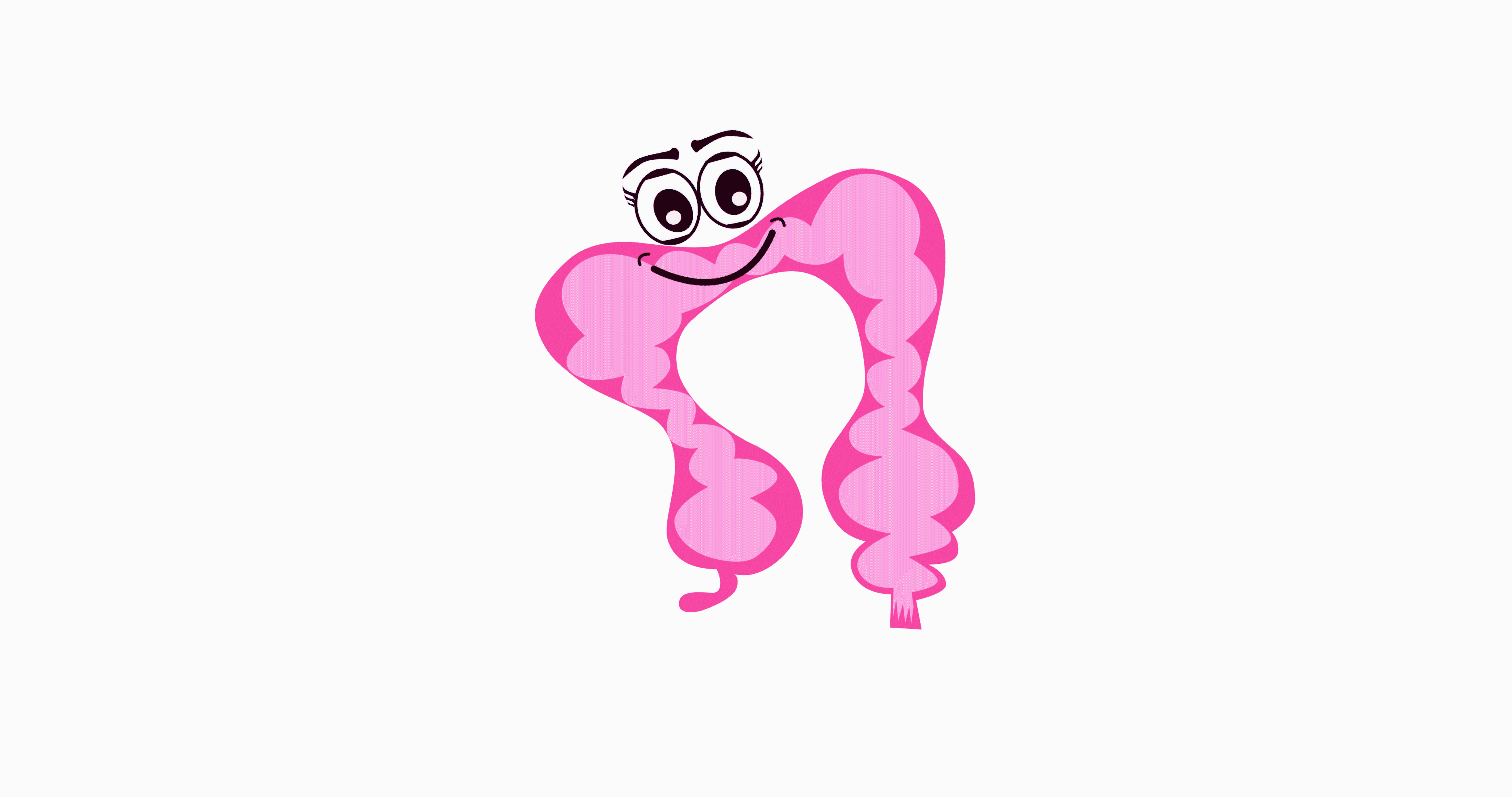Constipation is a common temporary gastrointestinal problem that occurs when the colon absorbs too much water or the colon muscle is slow or sluggish and the stool becomes hard and dry. Common symptoms of constipation include: fewer than 3 bowel movements per week, stool is difficult to pass, hard, dry and large, abdominal pain, stool soiling in underwear and/or a decreased appetite.
Not having a bowel movement every day doesn’t mean you are constipated. Most people who have constipation don’t go to the doctor. Some use over the counter laxatives to relieve their constipation. However, using laxatives too much can cause you body to depend on them and become habit-forming. Chronic constipation, however, may lead to complications or be a sign of a serious underlying disorder.
Causes
There may be several causes for constipation in a child. Some of these include:
- too little fiber in the diet
- not drinking enough fluids
- not enough exercise
- some medications
- eating too many processed foods
- not taking time away from playing to try to have a bowel movement
- Changing from breast milk or formula to whole milk or from baby food to solid food.
- Anxiousness or tiredness
In children who have constipation frequently, behavior changes are recommended to help the child develop normal bowel habits. Children may become constipated if they are afraid or don’t want to go to the bathroom.
Treatment/Prevention
Some of the same things that can be done to treat constipation can be done regularly in order to prevent a child from becoming constipated again.
-
- More fiber in the diet. The American Dietetic Association says Americans eat an average of 5 to 14 grams of fiber each day, but more fiber would help to move food through the digestive system. Examples of foods that contain fiber are:
-
-
- Whole grain breads, whole grain pasta, bran cereals and brown rice
- Fresh vegetables and fruits and fruit juices
- Nuts and seeds
- Pinto beans, kidney beans, black-eyed peas
- Limit bananas, cheese, chocolate, and fried foods.
-
-
- Plenty of fluids. It is very important for children to drink plenty of fluids to help soften the stool—at least 8 cups a day.
-
- Regular exercise. Physical activity helps stimulate the intestines so the child can go to the bathroom.
-
- Take time to go to the bathroom. Children should learn when to go to the bathroom and have enough undisturbed time when they need to go.
- Behavioral modification. A regular bowel habit is key to avoiding constipation. Children who are toilet trained (or in the process of learning) should sit on the toilet for 5-10 minutes following meals. Meals are often followed by contractions in the colon so the body can get rid of stool, and sitting on the toilet can take advantage of this movement.
Please visit the Nutrition section of the website for further information, or contact one of our dieticians for nutritional help. Call (865) 546-3998.
When to contact the Doctor
If you try the above suggestions and your child does not improve within 3 days, contact your doctor before giving the child any medication or an enema. Also, contact your doctor if your child is having increased abdominal pain, blood in the stools, or fever.
Further Information
Behavior problems are common in children who have constipation. Consider meeting with one of our psychologists for support in dealing with the various stressors and emotional issues related to your child’s constipation issues.














